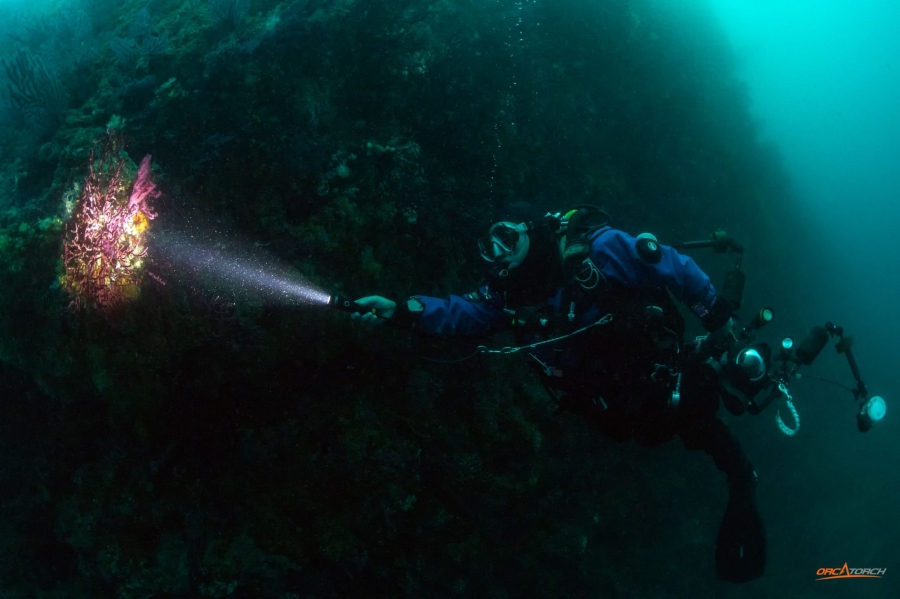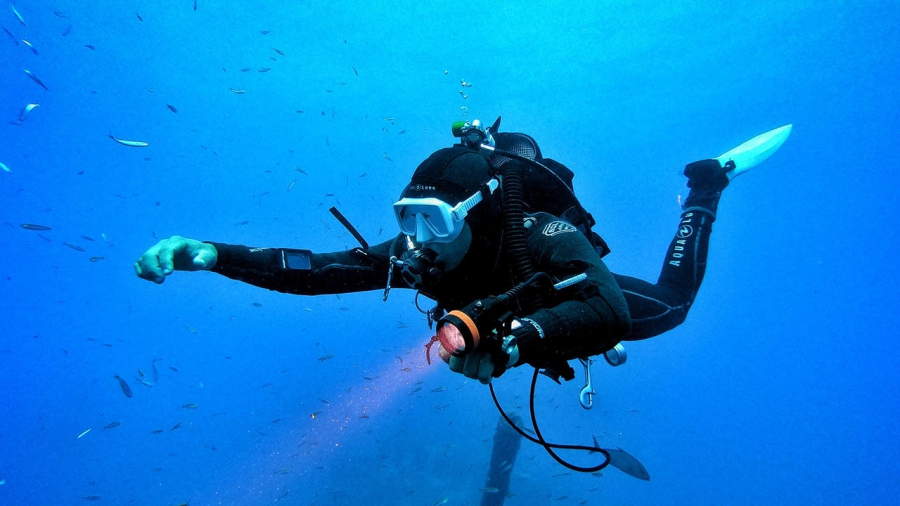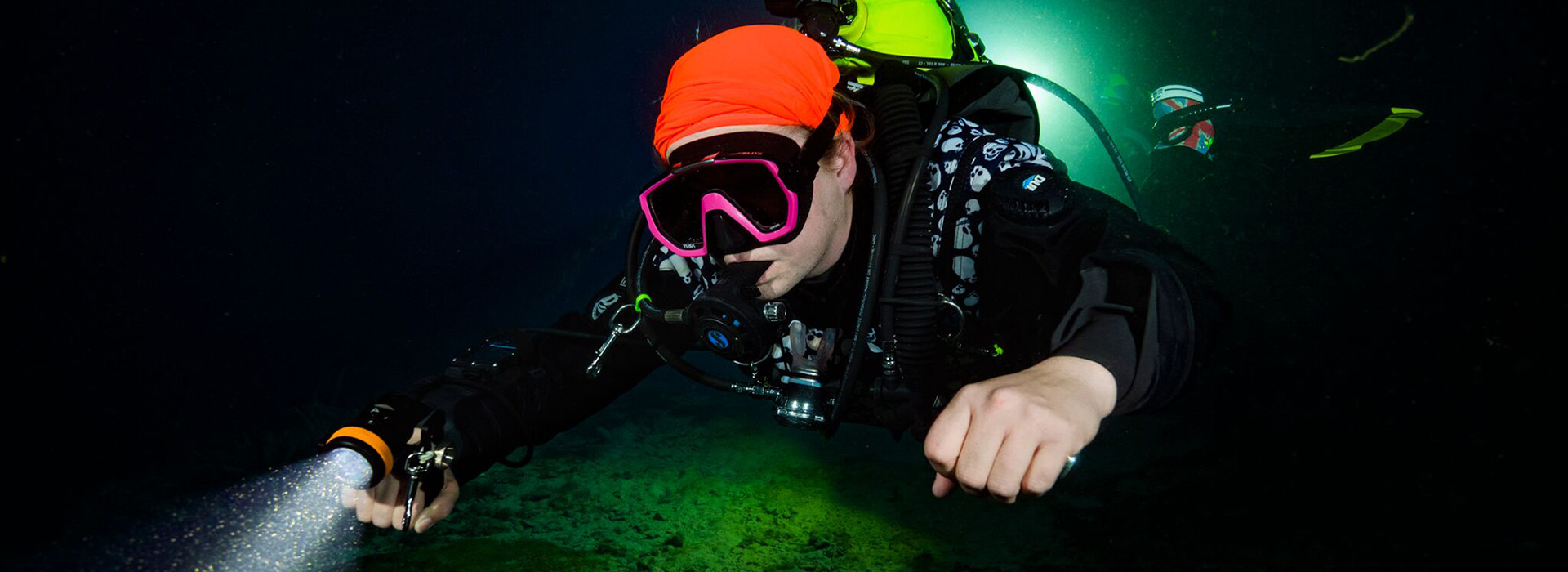15 Best Scuba Diving Tips for Beginners
Media Reports
Scuba diving is not suitable for everyone because of its danger. So before we go diving, proper education and training is essential. Here are some 15 important pieces of advice for your first scuba diving.
1. Choose a suitable dive school. Before you choose a dive school for learning diving, you can check out online reviews to see if there are some reviews about disorganization, faulty equipment, or safety.
2. Undergo proper training. Panic is one of the most common causes of scuba diving accidents, proper training will help you take it easy. Not only Training, you need to keep training, after you have your certification, you still need to do that kind of dives. Example, how many people are Hypoxic certified, but they don’t do that kind of dive’s anymore. They got the pass, but they don’t have the expierence.
3. Never hold your breath. When you go scuba diving, if you hold your breath, because of lung over expansion, it can cause serious damage to your lungs even death.

4. Don't touch anything underwater. Especially in the tropics, there are lots of dangerous and painful things.
5. Never dive alone. It sounds a bit exaggerated, but you should take it. I like to dive Solo, but not as a AOW-diver, take your time to have some expierence into diving, than you follow a specific course for Solo diving, and only dive Solo in your comfort-zone.
6. Double check your scuba diving gear. This principle is suitable for divers of any experience level and always do a bubbelcheck when you enter the water.
7. Dive within your limits. Don't do anything beyond your limit underwater, because it will let you be trapped into a dangerous position. No Ego, Ego is dangerous.
8. Important to look around. If you feel anything wrong and are unfamiliar with the conditions around you, it's ok to cancel your dive. Everyone can call the dive, on every moment.
9. Talk with your partner/instructor. When you feeling uncomfortable or uneasy, please communicate with them and cancel your diving. Don’t be shy, just tell it.
10. Choose suitable dive lights. Before buying dive torches, you should consider what kinds of underwater diving you plan to engage in. If you’re planning on going cave diving, wreck diving, or similar technical diving activities, OrcaTorch D630 is one of the best canister dive lights for you because of its focus beam angle and the dive light lumens. I will test the light, and I will tell it.

11. keep an eye on your regulator. We need to breathe with the regulator underwater, which is arguably the most important gear for a scuba diver. Always test your regulator under water. Not on the surface.
12. Improve your diving skills regularly. Training regularly helps you become a well-round diver. Always keep training.
13. Learn buoyancy control. Buoyancy control is a big part of learning to dive. The skill of achieving neutral buoyancy most of the time will allow you to enjoy your diving time and take pictures and be able to relax. It’s most important, practice a lot on it. The most people are diving, but they don’t train on Buoncy, just go in the water, take a object, and stay there for 60min, that’s your dive.
14. Respect the diving rules. scuba diving is interesting and safe which is a great experience like flying in the air like a bird if you don't abuse the diving rules with overconfidence and make any shortcuts to avoid problems.
15. Stay physically fit. Diving is a technical sport, that consumes a lot of physical and mental energy. You should eat well and ensure sufficient sleep to keep your energy levels.
